 When I commit my thoughts to paper, handwritten I mean, they immediately seem cheap and trite. I feel the same way about hearing my voice recorded now. I sound stuffy and sick to myself, like I have a permanent cold. All of this over documentation of ourselves these days is strange to me, and I try to imagine the side effects on society, but come up against that black matte wall of the unknown that happens when we stretch our thoughts. I had no way of recording myself when I was growing up, you either kept a journal or you didn't, but there were no videos of me, or voice mails, and very few photographs. I'm not calling it bad or good, but it's something, it's definitely different. There can be as many public footprints of you as any celebrity decades ago, like physically as many, numerically. I remember now my daughter sitting at her boombox, making cassette tapes of her own voice, pretending to be a dj, and even that's old now. I was going to make a point about all this online stuff in danger of disappearing any time, but I don't remember where those cassette tapes are, and most likely they are buried underground somewhere in Indiana.
When I commit my thoughts to paper, handwritten I mean, they immediately seem cheap and trite. I feel the same way about hearing my voice recorded now. I sound stuffy and sick to myself, like I have a permanent cold. All of this over documentation of ourselves these days is strange to me, and I try to imagine the side effects on society, but come up against that black matte wall of the unknown that happens when we stretch our thoughts. I had no way of recording myself when I was growing up, you either kept a journal or you didn't, but there were no videos of me, or voice mails, and very few photographs. I'm not calling it bad or good, but it's something, it's definitely different. There can be as many public footprints of you as any celebrity decades ago, like physically as many, numerically. I remember now my daughter sitting at her boombox, making cassette tapes of her own voice, pretending to be a dj, and even that's old now. I was going to make a point about all this online stuff in danger of disappearing any time, but I don't remember where those cassette tapes are, and most likely they are buried underground somewhere in Indiana.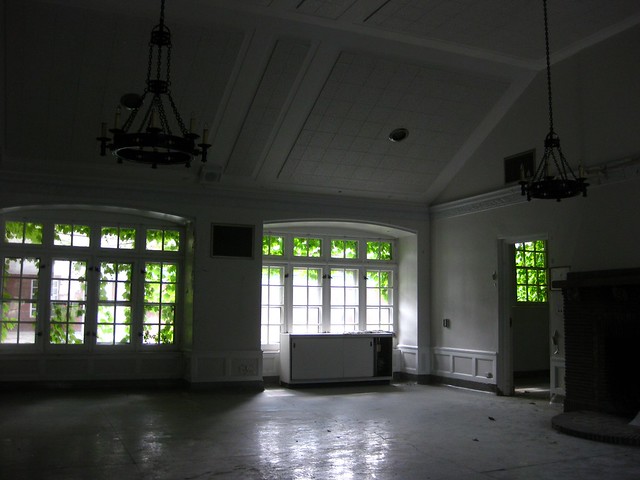
Back when we were children, before television reruns of Stargate, we would spend our afternoons at the matinee, watching drivel and tripe dreamed up for us by cinematic scientists. Beautiful men and women would make eyes at each other 12 feet high in front of us, and in the seats the children all giggled and shrieked and threw popcorn at each other or made out in the back rows, while these black and white Perfections tried to teach us about good and evil, patriotism, love. How to be successful human beings.
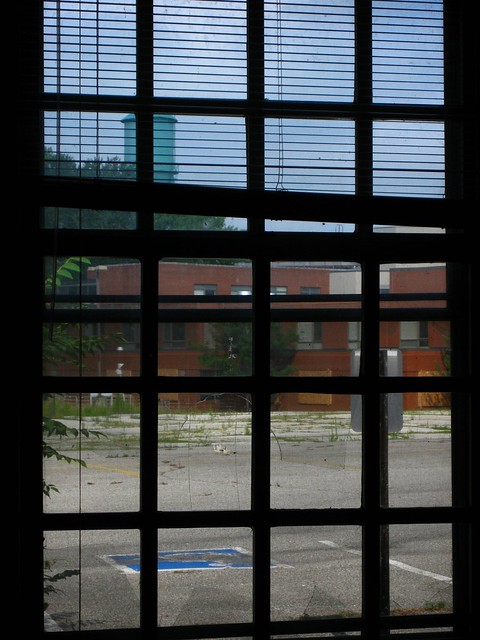
One time my friends father won a live turkey at the matinee. He brought it home and took it to the basement to kill it. It was a huge old thing, with shiny yellow eyes and a mottled hairless blue neck. Her father chased it around the basement for twenty minutes until he able to corner it. It was making frantic scared bird noises. My friend cried the first time she told me about it, but then later learned to make it a funny story to the kids we knew at school. There developed, in the repeated retelling, a way of mimicking her father and the turkey so successfully, it became a conversation between the hunter and the prey, a comedic dialogue like we heard on radio shows.

We lived in a city block, and there was a large barn or garage behind our house, where we would find large black stag beetles living in the donut holes of left behind mill stones and brick debris. The Polish neighbors to the right of us had chickens, and we had chickens too, a few, I had a pet chicken myself. One day she escaped and the neighbors caught her and killed her. At least I assumed they did, my childish mind filling with thoughts of revenge and justice. More likely a dog got her. I knew how chickens died, how people liked to laugh at the body running and twitching while blood ran from the decapitated neck. And I ate chickens. I understood the relationship between this animal that was my pet and what I would be eating for dinner. But I never forgave them, because she had been mine and they took her. I remember how her body cavity fluttered with breath when I held her tight against my chest, and the short quick fragile movements of her red brown head.
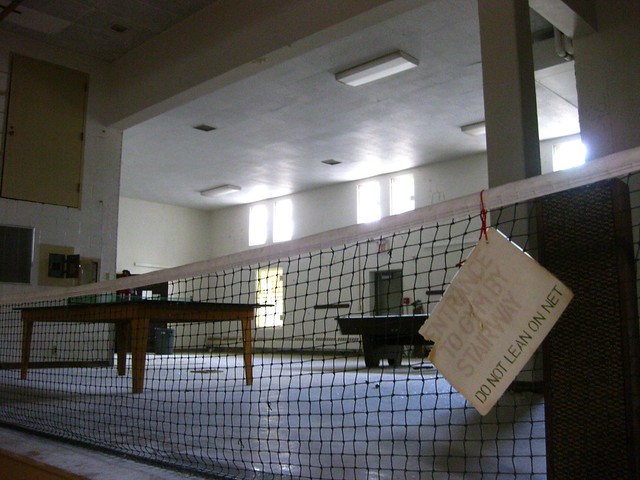
People talk about the difference in national character then and now, but the only real difference I ever saw was this. When I was a child, it was not about "being great at being me." There was none of this idea that to make people like you, you only had to act like your true and natural self. No, in fact, we were taught that to make people like you, you had to act an exact and certain prescribed set of ways. You had to smile a particular way, and make sure your hair was cut just so, and have the right kind of figure. The truth of the matter, the absolute fact of human interaction has not changed since. Everyone wants to talk to an attractive confident person. This is genetic. But now, instead of telling you how to be, society wants you to invent the next cool thing. Being new and different is an asset. If you do it right. If you do it wrong, then you're a fool and everyone laughs at you. But there has to be a risk in there somewhere or everyone would do it. It's all very free flowing and natural now, capitalizing on your own personality rather than emulating. That stands the test of time, because now so many people who were ostracized in my generation are now heroes of culture. Hasn't it always been that way? The weirdos win, but only a very small minority of them. The attractive ones.
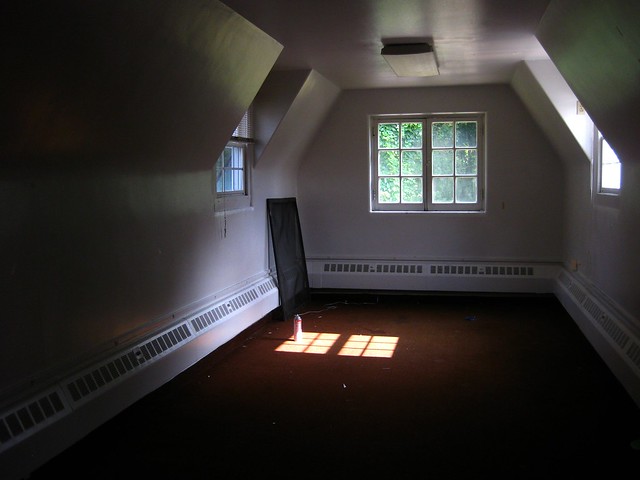
I had my bedroom painted several colors as I was growing up. I shared a sloped second floor room with my little sister when I was very little, and maybe it was painted light green? Or eggshell gray blue? Later, when my little brother was born, I moved into a room downstairs all by myself, that used to be my mother's personal space. It was painted this fuchsia pink, very bright. I remember sleeping by myself in that bed, with the door cracked open, and I could hear my parents as they talked late at night. All of my first secrets started in that room, my first personal thoughts, the things I snuck into the corners of the room, me singing to myself at night or talking to myself. Your very first own room is special. Later still, in the new house, I got to choose my color, and I picked a pale yellow to go with the white lace curtains. Colors were important to me as a child. The first recurring dream I remember having was being in a toy shop, and getting this marvelous machine, on which you could draw any pattern for fabric you wished, spots and stripes and pictures, and it would print it out. I had no idea as a kid that this would be possible one day, that in fact when I was older I would be able to draw these colors out in a computer and have it program the dye machines with satellite accuracy, and then be able to make clothes in any color I wished. When I was 6, I dreamed the future and didn't even know it. Over and over again, I went back to that place in my head, and created amazing clothes. Later I was obsessed with paper dolls. I cut out womens models from the Sears catalog, and drew clothes for them by hand, to scale, with little paper tabs drawn around the shoulders and legs, so I could cut them out and fold them onto my homemade dolls. As I got better, I made men dolls too, but often they were permanently frozen in positions of sports or lounging around pools, because they were from the mens leisure section. I don't remember what my men characters were like in my stories. The women were always tomboys, loud and funny. I wish I could remember how I made the men talk, I think now it would have been helpful in how I got along with men later, some perspective on my native inclinations. My true self.
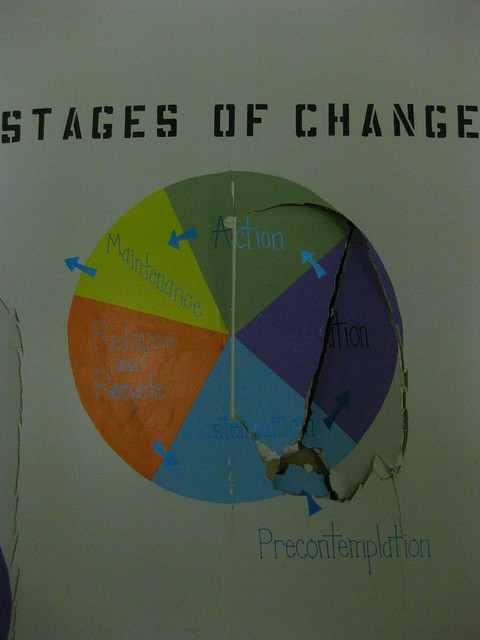








Memory is the closest we come to time travel.
ReplyDeleteI really like this: When I was 6, I dreamed the future and didn't even know it.